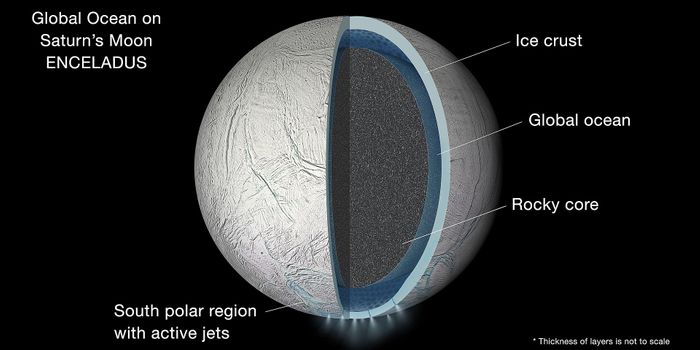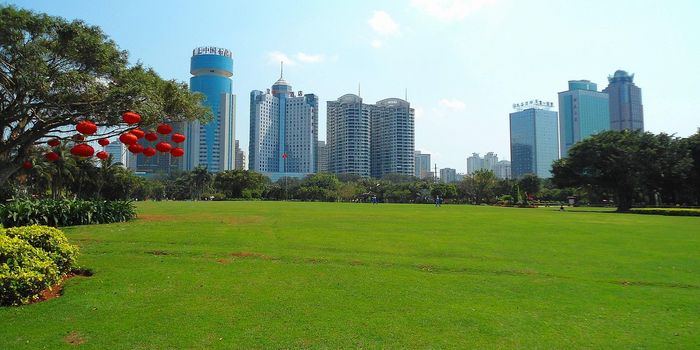WVU Receives $3 Million Grant for Hydrogen Technology to Reduce Carbon Emissions
The U.S. Department of Energy recently awarded a $3 million grant to a team of West Virginia University (WVU) engineers and scientists to aid in the development of an advanced hydrogen flexible boiler capable of curbing the carbon footprint of the food and beverage industry. The goal of this new technology will be to replace traditional fossil fuels with clean fuels, and this grant is just one of 40 similar projects that fall in line with the goal of the Biden Administration to reach net-zero carbon emissions by the year 2050.
A West Virginia University research team has been awarded a grant to aid in the development of an advanced hydrogen flexible boiler capable of curbing the carbon footprint of the food and beverage industry. (Credit: WVU Illustration/Savanna Leech)
“The food industry is facing the challenge of how to diminish and eventually eliminate CO2 emissions,” said Dr. Hailin Li, who proposed this new technology and is a professor in the Department of Mechanical and Aerospace Engineering at WVU. “If industry leaders really want to achieve that goal by 2050, they have to either burn carbon free clean fuel or consume clean electricity.”
To make their products, the food and beverage industry have traditionally used fossil fuels for their electricity and heat, which produces carbon dioxide and methane, two of the most potent and well-known greenhouse gases (GHGs). As an alternative, Dr. Li and his team created a flexible fuel furnace capable of burning pure hydrogen, which produces steam and hot water that the food and beverage industry can use to process their products.
Dr. Hailin Li, a professor in the Department of Mechanical and Aerospace Engineering at WVU, who proposed this new technology. (Credit: WVU Photo)
To test their flexible fuel furnace, WVU has partnered with Mountaintop Beverage, a Morgantown-based company who already uses thermal processing technology designed to extend the shelf life for dairy products and its alternatives. The researchers will be granted access to the Mountaintop Beverage facility, where they will collect data and conduct periodic quality analyses on the flexible fuel furnace while keeping the food and beverage industry in the loop regarding the new technology’s progress.
September 2022 report welcoming Mountaintop Beverage to West Virginia
“Whenever there are changes in food processing systems, we must ensure the impacts these changes make on the final product will continue to meet relevant regulatory requirements and good manufacturing practices,” said Dr. Kristen Matak, who is a member of Dr. Li’s team and a professor of animal and nutritional sciences in the Davis College of Agriculture, Natural Resources & Design at WVU. “My role in this project is to verify the safety and quality of the final product using microbial testing and sensory analysis.”
Dr. Kristen Matak, a member of Dr. Li’s team and professor of animal and nutritional sciences at WVU. (Credit: WVU Photo)
Along with their Mountaintop Beverage partnership, WVU will also be collaborating with another Morgantown-based company, Neighborhood Kombuchery, where the researchers will evaluate the company’s beverage production process and make recommendations on reducing both energy usage and GHGs.
How will this new flexible furnace fuel furnace help reduce GHGs in the food and beverage industry in the coming years and decades? Only time will tell, and this is why we science!
As always, keep doing science & keep looking up!
Sources: EurekAlert!, The White House, WVUToday, National Geographic, National Grid, LinkedIn, Neighborhood Kombuchery











